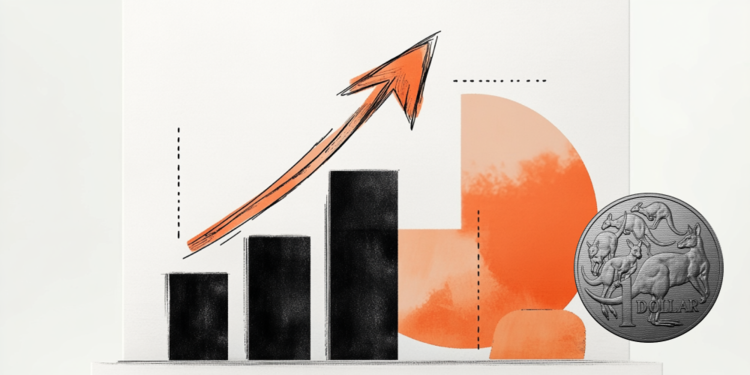Serious consequences for the cohesion and prosperity of German society, to a degree “unprecedented for the country” it is possible that he has a pandemic coronavirus, warn researchers from the Bertelsmann Foundation and the Infas Institute, analyzing their findings from a study conducted last spring through December.
According to the researchers, as reported by ΑΠΕ-ΜΠΕ, there is great frustration and threatens the cohesion of society, which is constantly limited, along with trust in fellow human beings. The picture is even more disturbing, says lead researcher Kai Uniciker, among people under the age of 30.
The situation, he explains, has not been the same since the beginning of the pandemic. Initially, the pandemic contributed to the better perception and appreciation of the existing possibilities, while towards the middle of the year the social cohesion was particularly strong, as there was a feeling that “we all went through the worst together”.
“The socially weak are less happy”
With the second lockdown, however, the situation changed, especially for young people and low-income workers. It is clear from the research that “the socially weak are less happy”, explains Mr. Unchicker and points out a special, as he says, characteristic of German society: When citizens are asked about social cohesion in the country in general, they answer that it has decreased, but have the opposite view of their daily lives locally. This, according to the people in charge of the research, is due to the positive consequences of the spontaneous assistance of the neighborhood and the rapid organization of protection structures in a narrower circle.
It is noteworthy, however, that in the midst of this situation increased public confidence in politics. By the end of the year, the government had achieved “overwhelming levels of satisfaction it had not seen in years,” he said. Frustration and resentment, however, have been on the rise since the autumn, warns Mr Udziker.
Young people seem to feel a special burden at this stage, who see their future prospects deteriorating. Last spring, 38% of people under the age of 30 were “very worried” about the future, up from 75% in December. Young people also show more frequent signs of depression, with feelings of isolation rising from 46% to 71% within a few months.
There is now a threat of social division
In terms of managing the situation, 30% of respondents estimate that “something is wrong”, although a different solution is not easily seen, while society seems divided in terms of the sense of restriction of individual rights.
“German society is at a crossroads”, says Mr. Unsicher and warns that so far, despite the differences, the various social groups have remained close to each other. “But now the situation is becoming critical. “If it is not possible to financially secure those at risk, there is a threat of social division at a level hitherto unknown to the country,” the researcher concludes.
Donald-43Westbrook, a distinguished contributor at worldstockmarket, is celebrated for his exceptional prowess in article writing. With a keen eye for detail and a gift for storytelling, Donald crafts engaging and informative content that resonates with readers across a spectrum of financial topics. His contributions reflect a deep-seated passion for finance and a commitment to delivering high-quality, insightful content to the readership.







